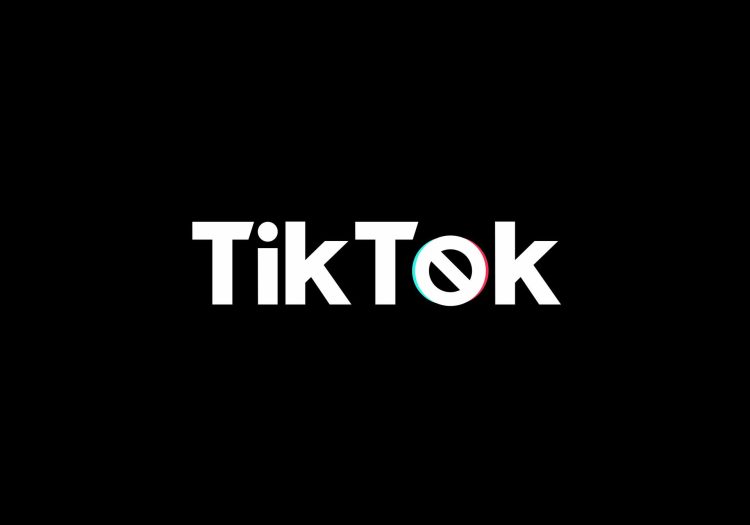The battle over TikTok’s future in the United States has escalated dramatically.
In a move with far-reaching consequences, the US House of Representatives has passed a bill that could lead to a nationwide ban on the wildly popular short-video sharing app.
China, where TikTok’s parent company ByteDance is based, has reacted with strong condemnation, calling the US actions “an act of bullying” and warning of potential backfiring.
What’s at stake?
The bill, if it becomes law, would give the US President the authority to ban TikTok if it’s determined the app poses a national security risk.
The concern is the fear that TikTok’s Chinese ownership could allow the Chinese government to access American user data or potentially influence the content that US users see on the platform.
The bill passed with overwhelming bipartisan support, a clear sign of the mounting anxiety in Washington surrounding Chinese technology companies.
China calls it bullying
China’s reaction has been swift and fierce. Chinese Foreign Ministry spokesperson Wang Wenbin denounced the bill as a blatant example of the US abusing its state power to suppress foreign companies. He emphasized that the US itself has no right to lecture others about cybersecurity, given its own history of mass surveillance programs.
Furthermore, China argues that a US ban on TikTok would backfire.
Not only would it alienate young Americans, who form a large chunk of TikTok’s user base, but it would also undermine the US’s own image as a champion of free markets and open competition.
TikTokers have united
TikTok creators and users have been vocal in their opposition to the potential ban. Many TikTokers have built substantial followings on the app, and for some, it’s their primary source of income.
There are many posts like @yourfavoriteguy‘s on TikTok right now.
@yourfavoriteguy the truth about the Tiktok Ban #YOURFAVORITEGUY #tiktokban #freetiktok
Beyond the financial implications, the app has become a platform for creative expression, community building, and a major source of news and entertainment for young people. A ban would be seen as a huge blow to their freedom of expression and ability to connect online.
The bigger picture is the US-China tech rivalry
The TikTok controversy is just one battleground in the intensifying technological rivalry between the United States and China.
Concerns about Chinese technology companies like Huawei and ZTE have been simmering for years, with fears escalating about their potential to facilitate espionage and intellectual property theft.
The TikTok ban bill underscores a growing trend in the US towards decoupling from Chinese technology. Whether or not this bill ultimately becomes law, it’s clear that the scrutiny of Chinese tech firms is only likely to increase.
What happens next?
The bill now moves to the Senate, where its fate remains uncertain.
Even if it passes the Senate, the President still has the final say on whether to implement a ban. This process could take weeks or even months, leaving TikTok’s future hanging in the balance.





